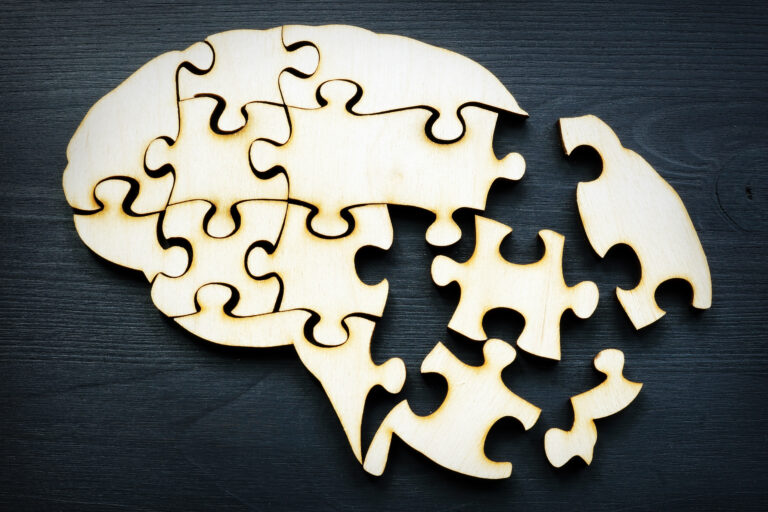When considering whether to drink green tea before or after eating, it’s essential to understand the potential benefits and effects of green tea on digestion and metabolism. Green tea is renowned for its antioxidant properties and has been studied extensively for its impact on health, particularly in relation to weight management and metabolic diseases.
Green tea contains catechins, which are compounds that may help in burning fat and improving metabolism. Recent studies have shown that green tea can aid in weight loss and improve glucose sensitivity in obese mice, suggesting potential benefits for humans as well [1]. This implies that drinking green tea could be beneficial for those looking to manage their weight or improve metabolic health.
However, the timing of green tea consumption in relation to meals can affect how these benefits are realized. Drinking green tea before meals might enhance its fat-burning properties, as it could potentially increase metabolism before food intake. On the other hand, consuming green tea after meals might help in digestion and absorption of nutrients, although there is limited specific research on this timing.
In terms of digestion, green tea is generally considered safe and may even aid in reducing inflammation and improving gut health. However, it’s worth noting that green tea contains caffeine, which can sometimes cause stomach upset in sensitive individuals. Therefore, if you experience any digestive issues, it might be better to consume green tea after meals to minimize potential discomfort.
Another aspect to consider is the impact of green tea on nutrient absorption. Some studies suggest that high levels of catechins in green tea might interfere with iron absorption, particularly from plant-based foods. Therefore, it might be advisable to consume green tea between meals to avoid any potential reduction in iron absorption from meals.
In addition to its metabolic benefits, green tea has been associated with improved cardiovascular health. While the specific timing of consumption isn’t detailed in these studies, moderate and consistent consumption of herbal teas, including green tea, has been linked to a lower risk of cardiovascular disease events [2].
For those looking to incorporate green tea into their daily routine for productivity and energy, it can be a useful beverage to consume at strategic times. Green tea’s caffeine content can provide a gentle energy boost, making it suitable for consumption during the day, either before or after meals, depending on personal preference and sensitivity to caffeine.
Overall, the decision to drink green tea before or after eating depends on individual preferences and health goals. If you’re looking to enhance metabolism, drinking it before meals might be beneficial. However, if you’re concerned about digestion or nutrient absorption, consuming it after meals could be preferable.
Sources:
[1] ScienceDaily: Scientists reveal green tea’s fat-burning secret
[2] PMC: Association of herbal tea consumption with cardiovascular diseases
[3] NutritionEd: How Food Affects Your Productivity (& What You Can Do About It)





